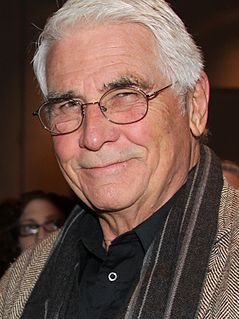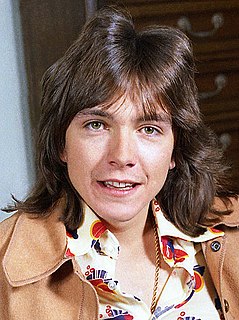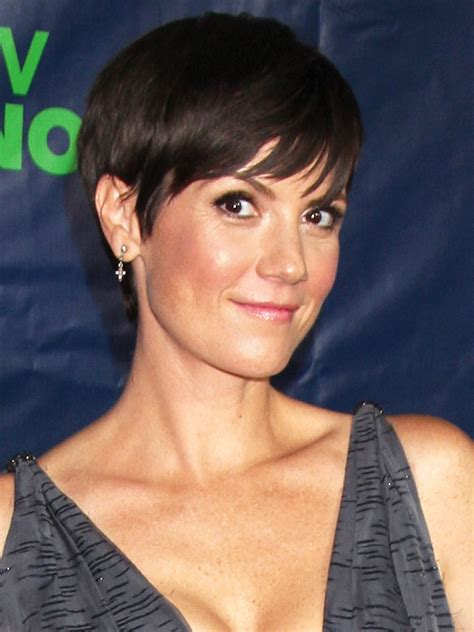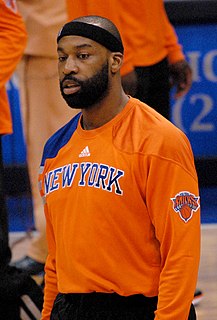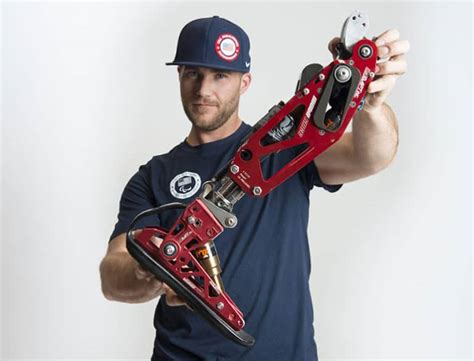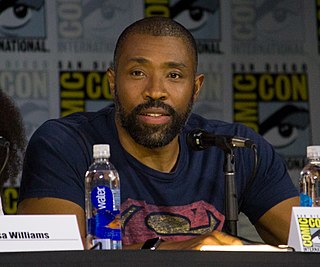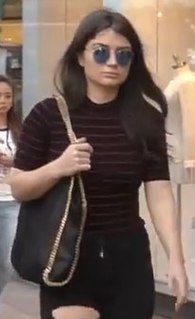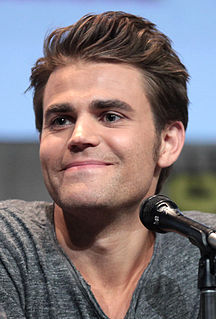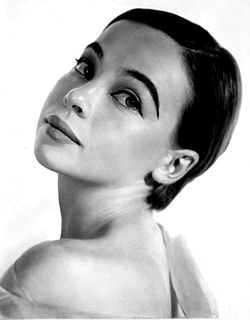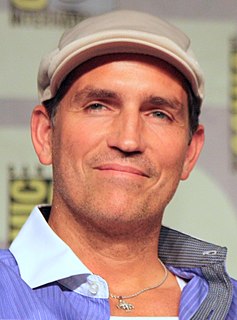A Quote by James Brolin
I started out with this dream of being a director and doing cinematography and bought my first film camera at 15.
Related Quotes
Cinematography was incredibly foreign to me, so I read as much as I could about it. Once I figured out that it was just photography with a set shutter speed, I got some slide film and I just went about storyboarding the script and taking snapshots. I took a ton of time doing it just to make sure I knew exactly what I was doing. By the end of it I knew what the film was going to look like - my exposure and the composition and everything. I wasn't scared of cinematography anymore.
My first job was television. I got to where I wanted to go, but through a little bit of a detour. When I first started working in film and television, I hated myself - I didn't like what I was doing at all. All I could think of was, 'I'm overacting. Be smaller.' I started to do that, but that was not fun. I felt confined doing film and TV.
My tutor was a film director on the side, and she introduced me to film. She then put me in one of her short films, and it came out of that. That's when I fell in love with the process of making a film. After that, I was about 15 and I was like, "This is what I've gotta do." So, I started taking acting lessons, and then I applied to college to do acting. I got an agent, and it all just happened.
I remember the first film I reviewed for the Daily was a John Ford Western. I think it was My Darling Clementine, but I am not certain. And I was just impressed by, first, the story itself. I didn't know that much about films. But the acting, the director. And particularly, the cinematography, the black-and-white use of exteriors, I noted particularly.
In Hong Kong, in our generation that started out in the 1970s, being a director wasn't a big deal. We didn't even have director's chairs. We weren't particularly well paid. The social standing of a film director wasn't that high. It was a sort of a plebeian job, a second or third grade one. And the studio heads are always practical, there's never any fawning because someone is a director. There's very little snobbery about one's position as a director. The only ones people treated differently were those that were also stars; or the directors who also owned their companies.
When I was nine, I asked my Dad, ‘Can I have your movie camera? That old, wind-up 8-millimeter movie camera that’s in your drawer?’ And he goes, ‘Sure, take it.’ And I took it, and I started making movies with it, and I started being as creative as I could, and never once in my life did my parents ever say, ’ What you’re doing is a waste of time.’ Never….. I know there are kids out there that don’t have that support system. So, if you’re out there and you’re listening, listen to me: If you wanna be creative, get out there and do it. It’s not a waste of time.
